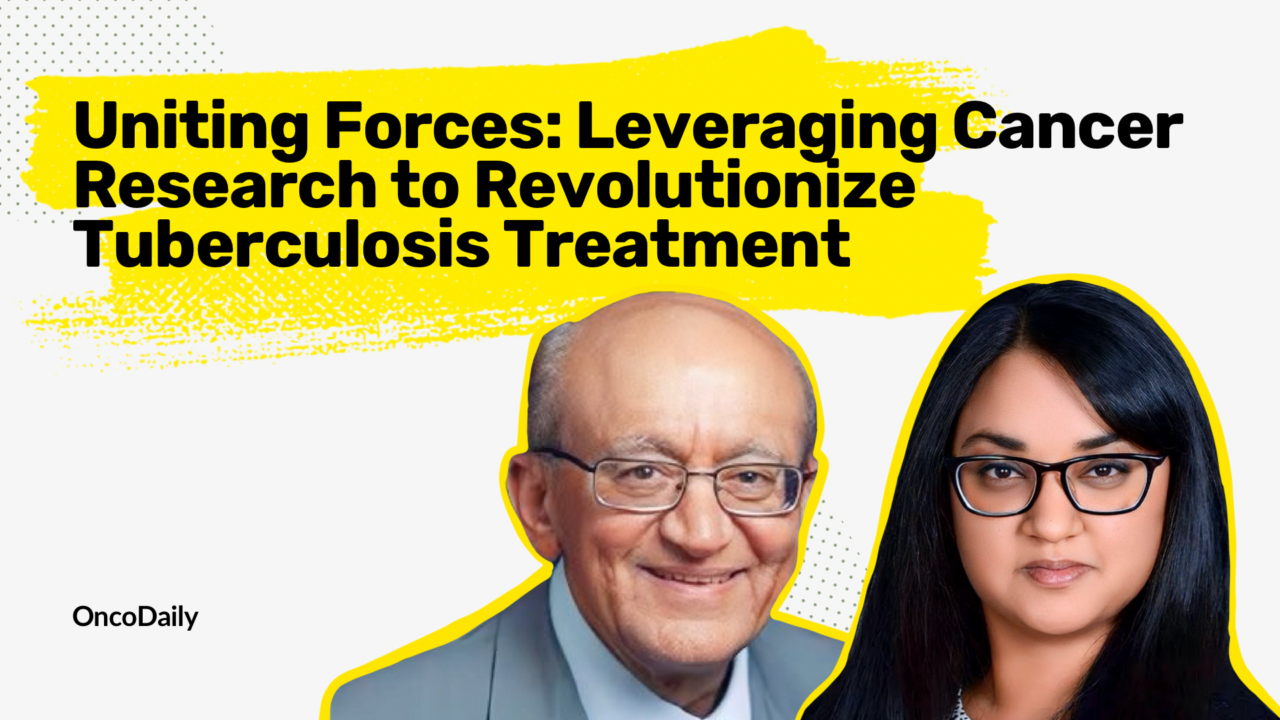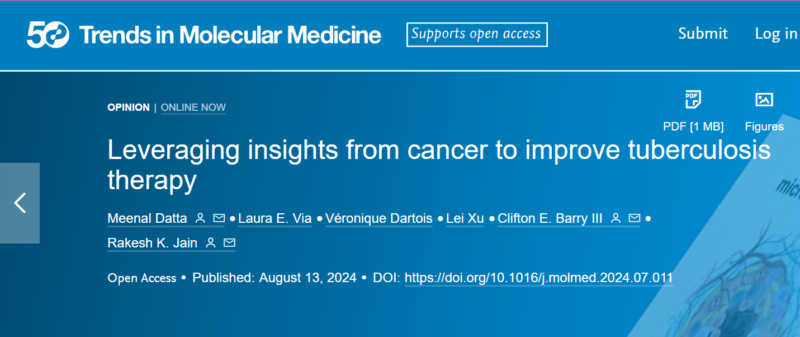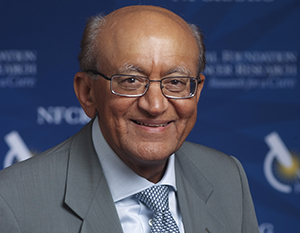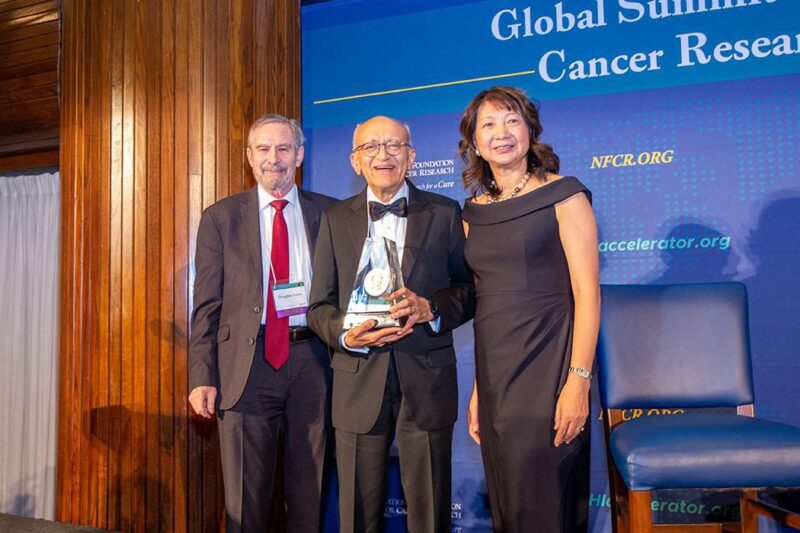
Uniting Forces: Leveraging Cancer Research to Revolutionize Tuberculosis Treatment
A paper titled ‘Leveraging Insights from Cancer to Improve Tuberculosis Therapy’ was recently published by Trends in Molecular Medicine.

Authors: Meenal Datta, Laura E. Via, Véronique Dartois, Lei Xu, Clifton E. Barry III, Rakesh K. Jain
Leveraging insights from cancer to improve tuberculosis therapy
This article explores the potential for applying principles from oncology to enhance treatments for tuberculosis (TB). This publication is particularly timely, given the ongoing global health challenges posed by both cancer and infectious diseases.
Overview of the Publication
The paper was published in August 2024 and highlights how the understanding of tumor biology can inform strategies for combating TB. It argues that the mechanisms underlying tumor microenvironments can provide valuable insights into the challenges faced in TB treatment.
By leveraging these insights, researchers may develop more effective therapeutic approaches for TB, which remains a significant public health concern worldwide.
Key Insights and Findings
1. Interdisciplinary Approach: The paper exerts the importance of interdisciplinary collaboration between cancer researchers and those focused on infectious diseases. By integrating knowledge from both fields, there is potential to uncover novel therapeutic strategies that could improve patient outcomes in TB treatment.
2. Tumor Microenvironment: The article discusses the concept of the tumor microenvironment, which refers to the complex network of cells, blood vessels, and signaling molecules surrounding a tumor. It suggests that similar dynamics may exist in the context of TB, where the immune response and drug delivery can be hindered by the surrounding environment.
3. Innovative Therapeutic Strategies: The paper proposes that strategies successful in oncology, such as the normalization of blood vessels and the use of combination therapies, could be adapted for TB treatment. This approach aims to enhance the efficacy of existing TB therapies by improving drug delivery and reducing immunosuppression.
4. Addressing Drug Resistance: One of the critical challenges in TB treatment is drug resistance. This research suggests that insights from cancer therapies could help address this issue by identifying new ways to overcome resistance mechanisms.
5. Future Research Directions: The article calls for further research to explore the synergies between cancer and TB treatment.
“The future of medicine lies at the intersection of disciplines. By bringing together the knowledge from engineering, biology, and medicine, we can create innovative solutions to some of the most pressing health challenges of our time.” – Rakesh K. Jain
As the global health landscape continues to evolve, the integration of knowledge from different fields will be essential in addressing complex challenges like tuberculosis and cancer.
This article serves as a reminder of the importance of interdisciplinary research and the potential it holds for advancing medical science and improving health outcomes worldwide. By fostering collaboration between oncology and infectious disease specialists, we can pave the way for innovative solutions that benefit patients suffering from these critical health issues.
“The complexity of diseases like cancer demands that we work together across disciplines and institutions. Collaboration is not just beneficial; it is essential to make meaningful progress.” – Rakesh K. Jain
Rakesh K. Jain, Andrew Werk Cook Professor of Tumor Biology at Harvard Medical School, is the senior author of the study.
About Dr. Rakesh K. Jain

Dr. Rakesh K. Jain is the Andrew Werk Cook Professor of Tumor Biology at Harvard Medical School and the Director of the Edwin L. Steele Laboratories for Tumor Biology at Massachusetts General Hospital.
He has made significant contributions to the field of cancer research, particularly in understanding the tumor microenvironment and its implications for drug delivery and treatment efficacy.
Educational Background and Career
- Early Life and Education: Born in 1950 in India, Dr. Jain earned a Bachelor of Technology in Chemical Engineering from the Indian Institute of Technology (IIT) Kanpur. He then pursued his M.S. and Ph.D. at the University of Delaware.
- Academic Positions: Dr. Jain began his academic career as an Assistant Professor at Columbia University before moving to Carnegie Mellon University, where he served for 14 years. In 1991, he joined Harvard Medical School and has since become a leading figure in tumor biology.
- Research Focus: Dr. Jain’s research has centered on the interactions between tumor blood vessels and the immune system, leading to groundbreaking discoveries about how to improve the delivery of cancer therapies. His work on the normalization of tumor vasculature has fundamentally changed the approach to cancer treatment.
Achievements and Recognition
Dr. Jain is widely recognized for his contributions to science and medicine. He has authored over 750 publications, many of which are highly cited, and has mentored more than 225 doctoral and postdoctoral students. His accolades include:
- National Medal of Science: Awarded in 2013 by President Obama for his pioneering research at the interface of engineering and oncology.
- Membership in National Academies: He is a member of the National Academy of Sciences, National Academy of Engineering, and National Academy of Medicine, reflecting his influence and leadership in the field.
- Awards and Honors: Dr. Jain has received numerous awards, including the 2022 Szent-Györgyi Prize for Progress in Cancer Research, recognizing his innovative work and its impact on cancer treatment.

Doug R. Lowy, Rakesh K. Jain and Sujuan Ba at the 2022 Szent-Györgyi Prize Award Ceremony
Some Interviews
1. Nature Reviews Cancer (2014): Jain discussed the concept of “normalizing” the tumor microenvironment, particularly the abnormal blood vessels in tumors. He emphasized how improving the tumor vasculature could enhance the delivery of chemotherapy and immunotherapy.
2. AACR (American Association for Cancer Research) Interviews: Jain has participated in multiple interviews and panel discussions organized by the AACR. These interviews typically explore the latest advancements in cancer research, with Jain sharing insights from his work on angiogenesis and the tumor microenvironment.
3. Journal of Clinical Oncology (2019): Jain was interviewed about the implications of his research on how the tumor microenvironment influences cancer treatment resistance and how modifying this environment could lead to better patient outcomes.
4. IT2024 Talk: Dr. Jain proposed a novel concept that “normalizing” tumor vessels would allow cancer therapies to penetrate the tumor and to function more effectively
-
Challenging the Status Quo in Colorectal Cancer 2024
December 6-8, 2024
-
ESMO 2024 Congress
September 13-17, 2024
-
ASCO Annual Meeting
May 30 - June 4, 2024
-
Yvonne Award 2024
May 31, 2024
-
OncoThon 2024, Online
Feb. 15, 2024
-
Global Summit on War & Cancer 2023, Online
Dec. 14-16, 2023
